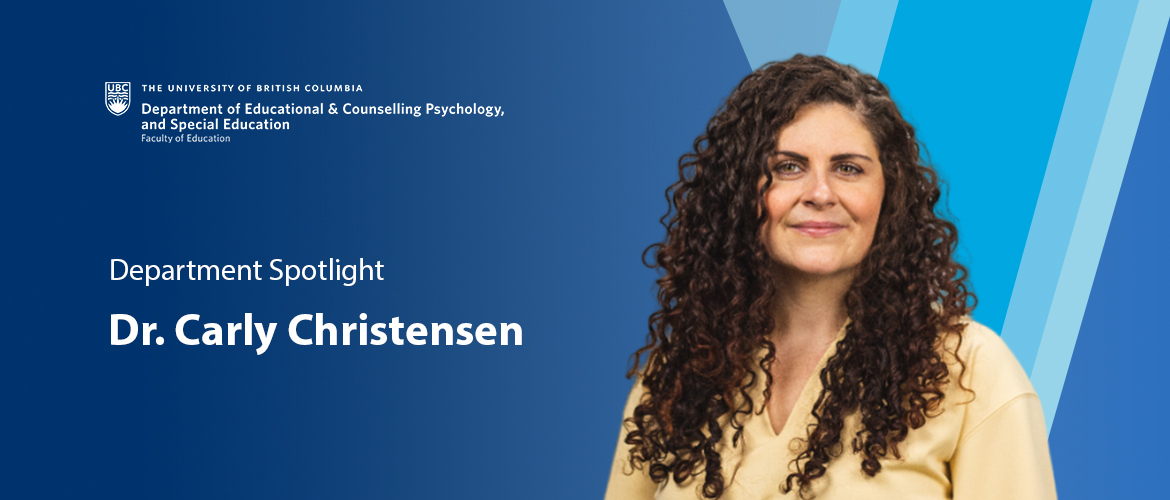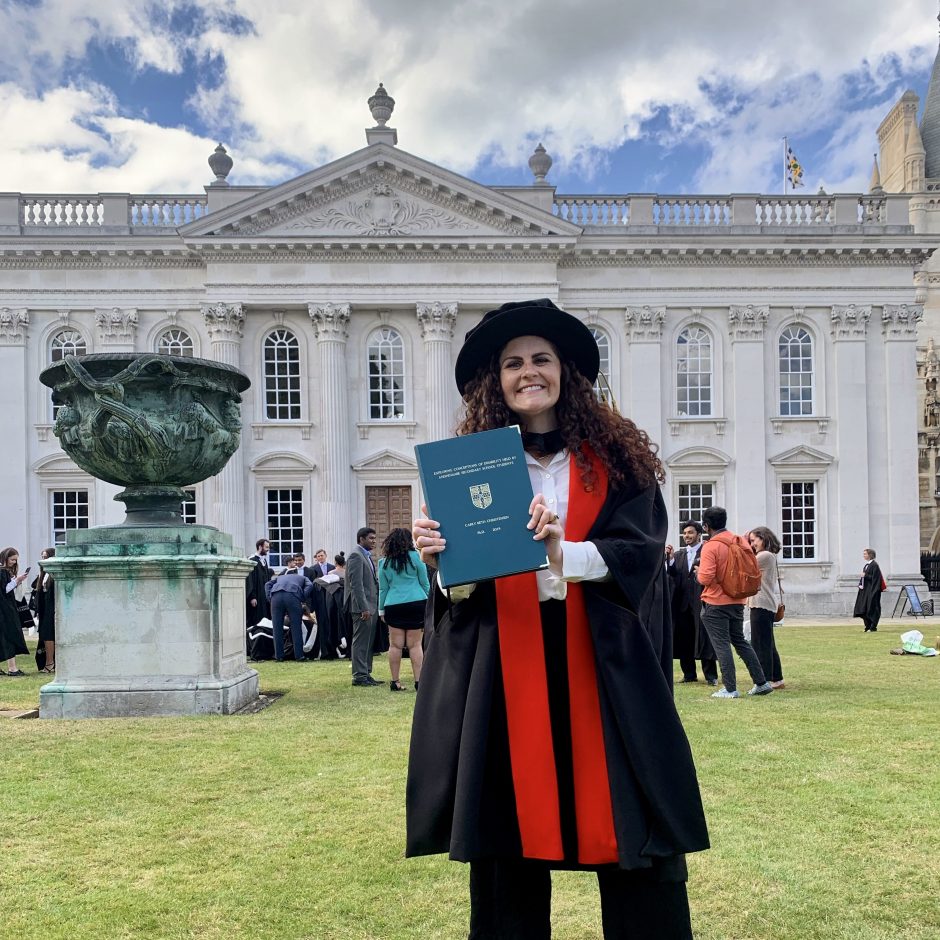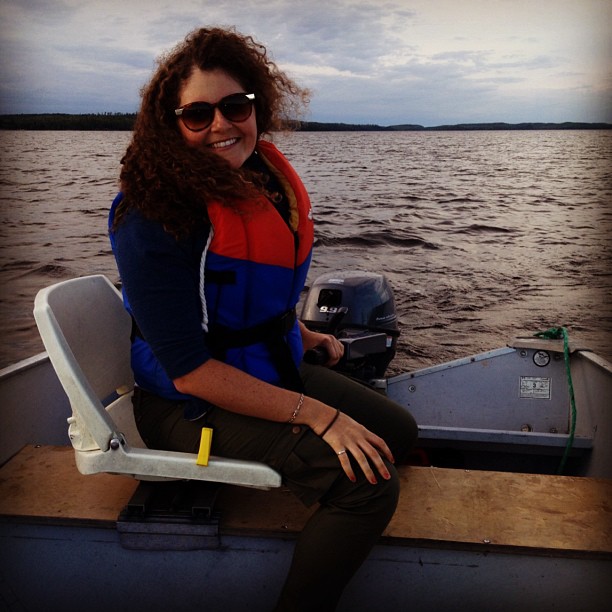May 2, 2023

Carly Christensen is a Special Education Assistant Professor of Teaching with the UBC Department of Educational and Counselling Psychology, and Special Education. She is passionate about promoting inclusive, equitable, and quality education for people with disabilities, and has extensive secondary school teaching experience within unique educational settings in the United Kingdom, Canada, and the United States.
How long have you worked with the Faculty of Education, ECPS Department?
I started working with the Faculty of Education, ECPS Department Fall of 2021.
What’s your educational background and journey, and what brought you to UBC?
I obtained my undergraduate degree in Secondary School Education with a focus on Social Studies. I gained teaching experience in various unique educational settings across the United Kingdom, so-called Canada, and the so-called United States, including urban secondary schools, a rural middle school, a special education school, an inner-city all-girls secondary school, an Indigenous adult education program, and First Nations schools in northern Ontario. My experiences in these settings fuelled my interest in professional development, specifically in meeting the needs of students with disabilities.
To further my knowledge and understanding of inclusive and equitable learning for students with disabilities, I pursued a Master of Philosophy (M.Phil.) in Perspectives on Inclusive and Special Education at the University of Cambridge in the United Kingdom. My research in the program focused on culturally-based high school special education practices in First Nations schools, specifically in the area of transition planning. After obtaining my Master’s degree, I returned to the classroom as a special education/resource teacher.
I continued my academic journey by completing a PhD in the Faculty of Education at the University of Cambridge. My research utilized a community-based photovoice methodology to explore the perceptions of disability held by First Nations students with disabilities. The ultimate goal of this research was to centre the voices of students in the development of culturally-based special education practices. After earning my PhD, I returned to the classroom and worked as a special education/resource teacher within a self-governing First Nations school, where I co-developed culturally-based special education programming.
My passion for special education and leadership led me to UBC, where I currently hold the Educational Leadership position in Special Education. I was drawn to this role because it allowed me to apply my academic and practical experience to create positive change in the field of special education.
What inspired you to work in Educational and Counselling Psychology, and Special Education, specifically research/teaching?
I was born and raised in Treaty 3 territory, which is the traditional lands of the Anishinaabe people. Growing up in this region, I witnessed the ongoing disparities and inequalities in the education system, and my privilege as a settler. Coming from a family of educators, with my grandma being an educational assistant and my mom a special education teacher, I was drawn to the work of improving educational opportunities for all students. However, it was my own lived experiences as a person with a disability that truly motivated me to pursue a career in Special Education.
I am passionate about promoting inclusive, equitable, and quality education for people with disabilities. I recognize that there are many systemic issues that pose barriers to providing this type of education, and I am committed to addressing these issues through my research and teaching. My ultimate goal is to promote anti-ableist education, which recognizes and values the diversity abilities and the unique contributions of students with disabilities to our communities.
I firmly believe that students with disabilities have the right to be included and valued in our schools, and I want to help current and future teachers understand that they are not an “instructional issue” to be “fixed” in our classrooms. This fundamental shift in how disability is understood in our educational system would have significant implications for the policies, practices, and interventions used in classrooms.
What most excites you about your field of work?
What excites me about this field is the opportunity to advocate for the rights of people with disabilities. I believe that schools can play a crucial role in creating a more equitable world that promotes inclusivity and rejects ableism. The right to education for people with disabilities is an area of rich innovation and tremendous power in creating a future where people with disabilities have greater opportunities, freedom, and justice. By promoting anti-ableist education, we can help to dismantle the systemic barriers that prevent people with disabilities from fully participating.
Tell us about your work and recent project.
I teach a variety of Special Education courses to B.Ed. and graduate students within the Faculty of Education. I am also involved in ongoing research and learning about special education practices in self-governing First Nations schools across Turtle Island, which allows me to bring new insights and perspectives into my teaching. Engaging with preservice and in-service teachers is the best part of my work!
One of my most exciting projects is funded by the Edith Lando Virtual Learning Grant. We are working to create a toolkit of children’s books that promote disability justice and positive representations of people with disabilities. Our aim is to provide educators, parents, and caregivers with resources that can help them introduce children to the diversity of human experience and promote social justice.
Additionally, I was recently selected for the UBC UDL (Universal Design for Learning) fellowship program. As part of this program, I am working on redesigning the B.Ed. program to promote disability justice as part of the social justice movement and increase the accessibility of this course for all teacher candidates.
What are your hobbies and interests outside of work?
I find a lot of peace and creative expression in cooking. I’m always in search of new recipes. I also love to travel to place near and far! I especially love water sports and hiking.
When you’re not working, where can we find you?
Probably find me outside! I also try to go back to Treaty 3 territory as much a possible to see my family and connect with my former students.

